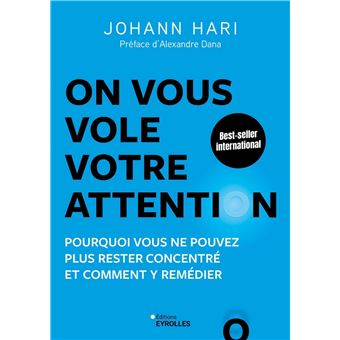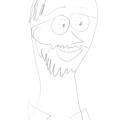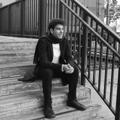John G. a publié une critique de Stolen Focus par Johann Hari
None
4 étoiles
I did not find the book's individual facts and arguments unique or novel, but the connections that Hari makes between them add up to a compelling argument and rise to collective action in a surprising and effective way. Attention and the climate are connected crises, he says convincingly. And Facebook, in the extent of Hari's telling, is so much worse than I thought possible.
I did not find the book's individual facts and arguments unique or novel, but the connections that Hari makes between them add up to a compelling argument and rise to collective action in a surprising and effective way. Attention and the climate are connected crises, he says convincingly. And Facebook, in the extent of Hari's telling, is so much worse than I thought possible.




